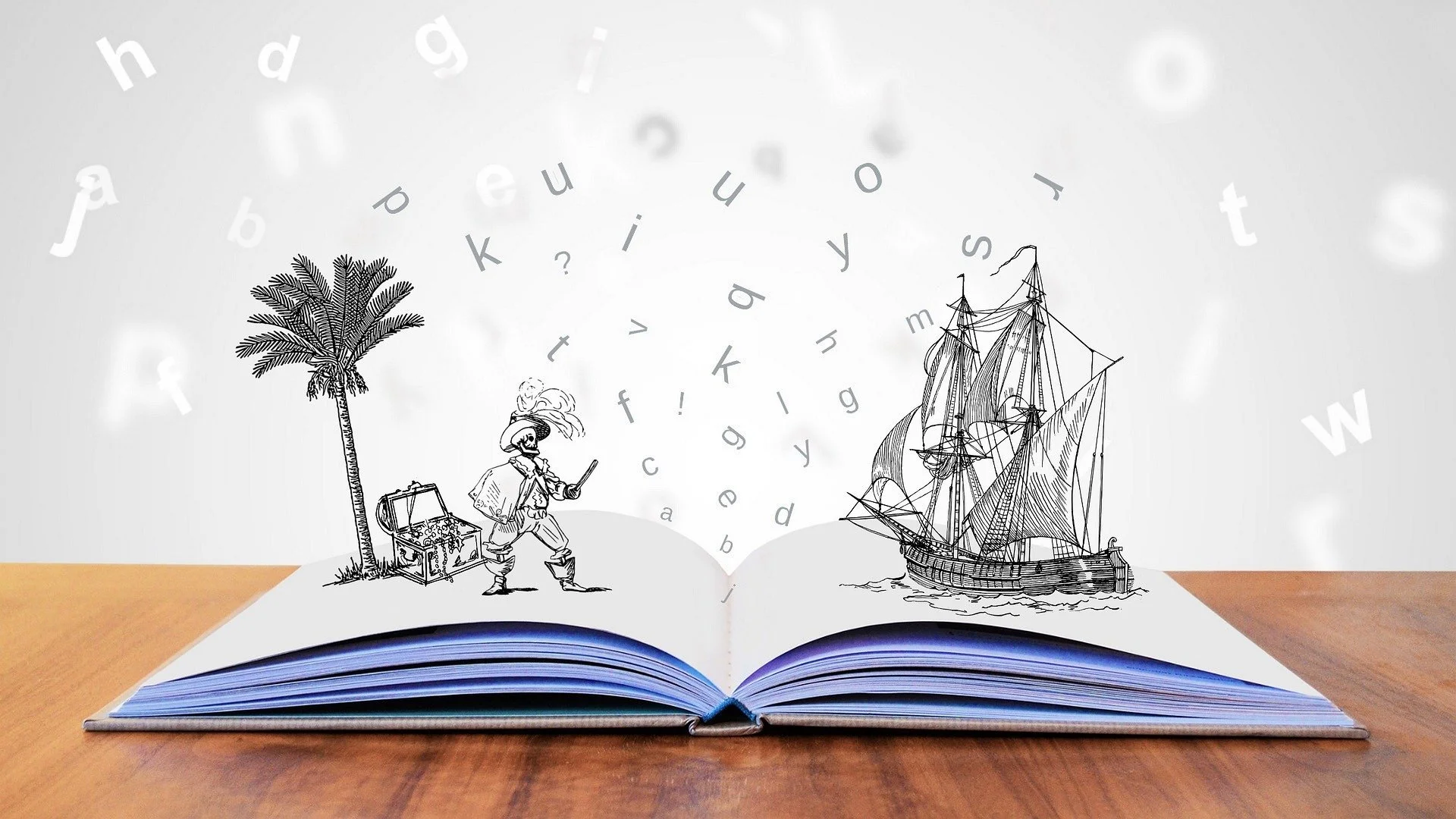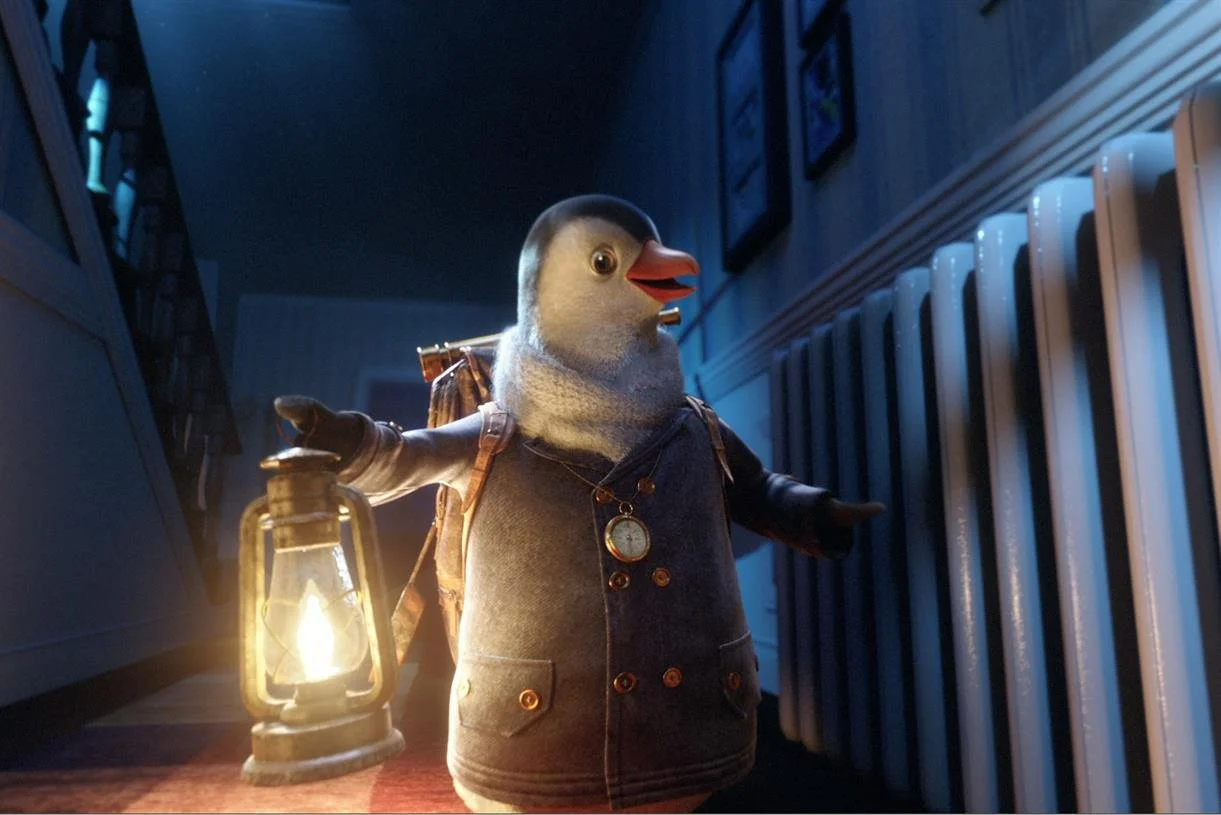Storytelling and Your Job
Mason Cooley quipped “If you call failures experiments, you can put them on your resume and claim them as achievements.” When hiring managers are looking at applicants with similar qualifications, what can make you stand out? The power of storytelling could make or break your next job.
However, how do you quantify the value of storytelling? Luckily, in 2006 a New York Times journalist called Rob Walker did an experiment on eBay. He bought a selection of totally random miscellaneous items and then relisted them with compelling stories attached to them. The result? The items sold for 6,395% more than the original prices.
Now if you’re a hiring manager there is one thing you face time and time again – generic resumes and cover letters. This is a problem only due to intensify with AI assisted hiring designed to reject CVs without designated keywords. Yet, before you highlight your deep and abiding passions for PowerPoint and Excel, consider the story of Robert Pirosh.
When Robert Pirosh decided he wanted to be a screenwriter in 1934, he could have written a generic cover letter dryly listing his previous experience and saying he was a good team player. Instead, he wrote one of the most remarkable letters I’ve ever seen. I’ve included it in its entirety below:
Dear Sir:
I like words. I like fat buttery words, such as ooze, turpitude, glutinous, toady. I like solemn, angular, creaky words, such as straitlaced, cantankerous, pecunious, valedictory. I like spurious, black-is-white words, such as mortician, liquidate, tonsorial, demi-monde. I like suave “V” words, such as Svengali, svelte, bravura, verve. I like crunchy, brittle, crackly words, such as splinter, grapple, jostle, crusty. I like sullen, crabbed, scowling words, such as skulk, glower, scabby, churl. I like Oh-Heavens, my-gracious, land’s-sake words, such as tricksy, tucker, genteel, horrid. I like elegant, flowery words, such as estivate, peregrinate, elysium, halcyon. I like wormy, squirmy, mealy words, such as crawl, blubber, squeal, drip. I like sniggly, chuckling words, such as cowlick, gurgle, bubble and burp.
I like the word screenwriter better than copywriter, so I decided to quit my job in a New York advertising agency and try my luck in Hollywood, but before taking the plunge I went to Europe for a year of study, contemplation and horsing around.
I have just returned and I still like words.
May I have a few with you?
Robert Pirosh
385 Madison Avenue
Room 610
New York
Eldorado 5-6024
Counterintuitive as it sounds, sometimes the best thing we can do is show our uniqueness. Robert Pirosh went on to have a highly successful career as a screenwriter and won an Oscar for Best Original Screenplay for his work on Battleground. By grabbing the attention of MGM with his love of words, he told a compelling story.
Now I would like to put in an important disclaimer, there’s letting your real passion speak for itself like Robert Pirosh, and then there’s the Elizabeth Holmes version of storytelling. It’s one thing to present the best version of yourself and another to say you can invent a miracle machine capable of performing hundreds of blood tests from a single finger prick.
Also, context is key. Each industry has its own quirks, buzzwords and demands of the individuals who enter it. Though Robert Pirosh’s letter may have been great for Hollywood, I’m sure he wouldn’t use it to apply for an accountancy firm. Nevertheless, being able to powerfully get your narrative across is an asset to any industry.
I believe that when you tell the world a unique story about yourself there are few forces more powerful. Steven Bartlett described how he created something that flew in the face of traditional podcasting with honest conversations about business and relationships. Yet, by doing so he created a media empire.
To conclude, as the Native American proverb says: Tell me the facts and I’ll learn. Tell me the truth and I’ll believe. But tell me a story and it will live in my heart forever. The world will inevitably throw curveballs your way, but never forget that you have a unique story worth telling. What story you choose to tell may well determine your job, your relationships, and the quality of your life.
To learn how to become a master storyteller check out our course. Made in collaboration with some of the world’s experts, it will equip you with the skills you need to tell amazing tales.






